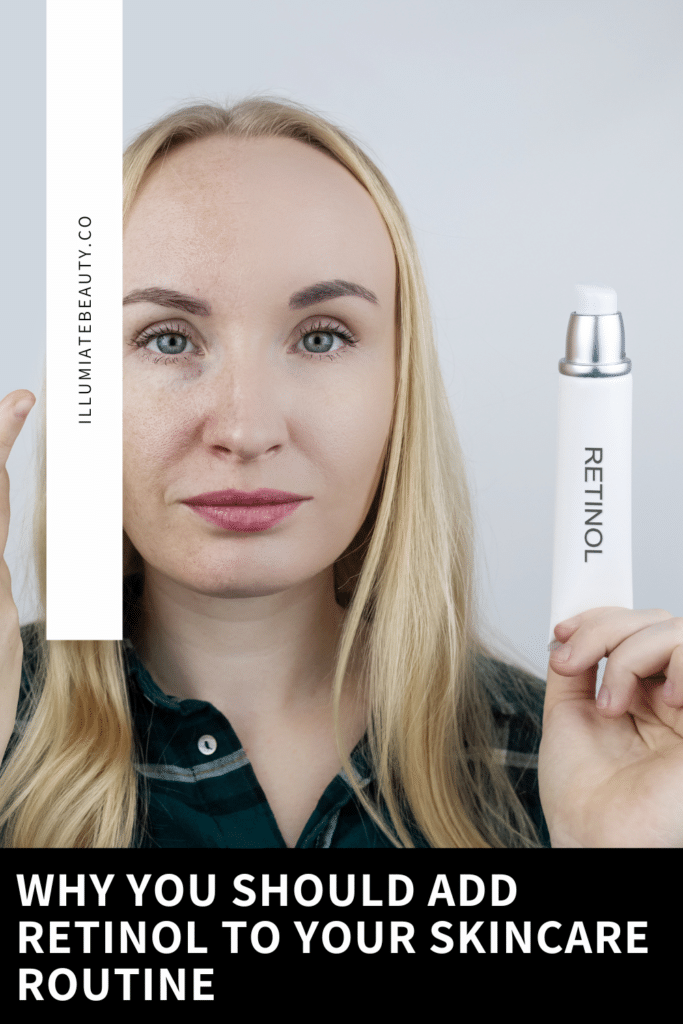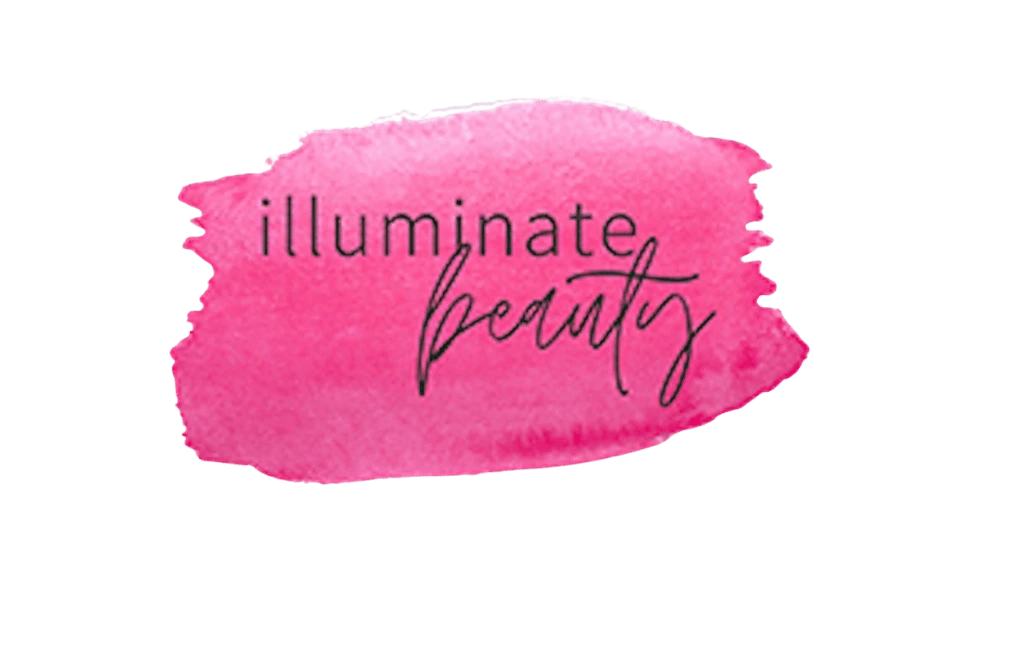You may have heard that adding retinol into your skincare routine is beneficial. But why? Learn how to use it, about its benefits, and what you should look for when shopping for retinol to use.
What is Retinol?
Retinol is a type of vitamin A that is added to serums, creams, and moisturizers to help improve the skin.
Why Use Retinol?
Retinol is a great product that helps reverse the signs of aging. As we age, the skin on our face may have fine lines and wrinkles, hyperpigmentation, large pores, and loose skin. This skincare product can help age us age gracefully.
Retinol is made from vitamin A. The small molecules penetrate deep into the epidermis to your dermis (the outer layer of your skin to your inner layer). This helps heal the skin at a deeper level and can help boost the production of collagen and elastin. Retinol helps speed the rate at which is creates new skin cells. Peeling, flaking, and dryness may occur at first as the skin heals and increases cell turnover.
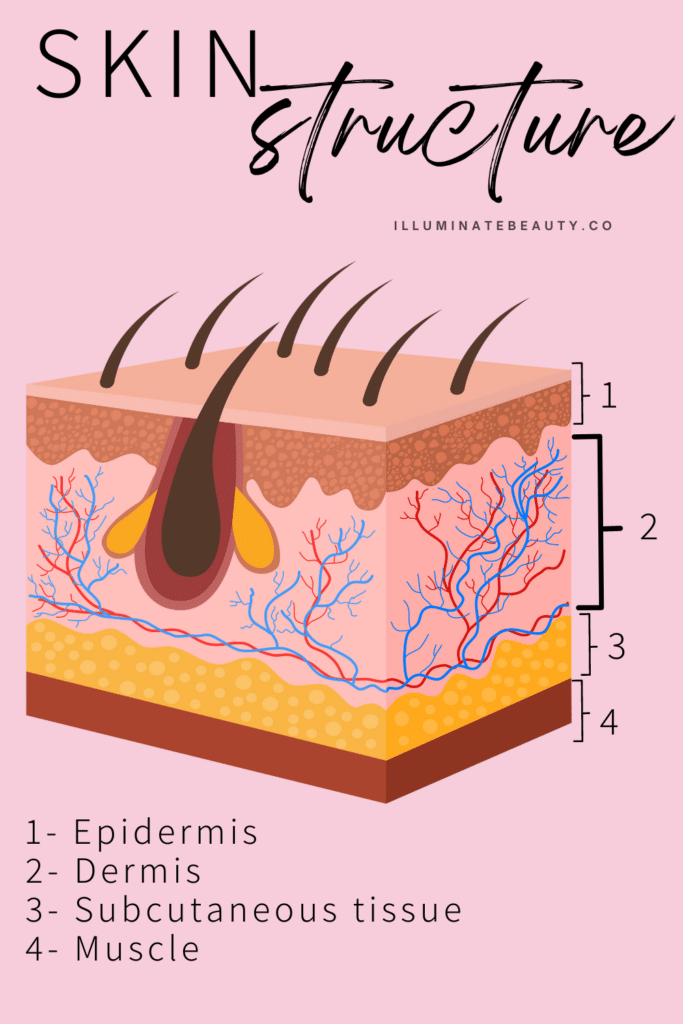
Benefits of Retinol
You may feel hesitant adding another product into your skincare routine. But let me show you some of the benefits of retinol so you can be the judge to see if it’s worth it or not:
- Retinol reduces fine lines and wrinkles.
- Retinol exfoliates the skin.
- Retinol helps promote cell turnover.
- Retinol reduces hyperpigmentation.
- Retinol helps unclog pores.
- Retinol increases collagen production.
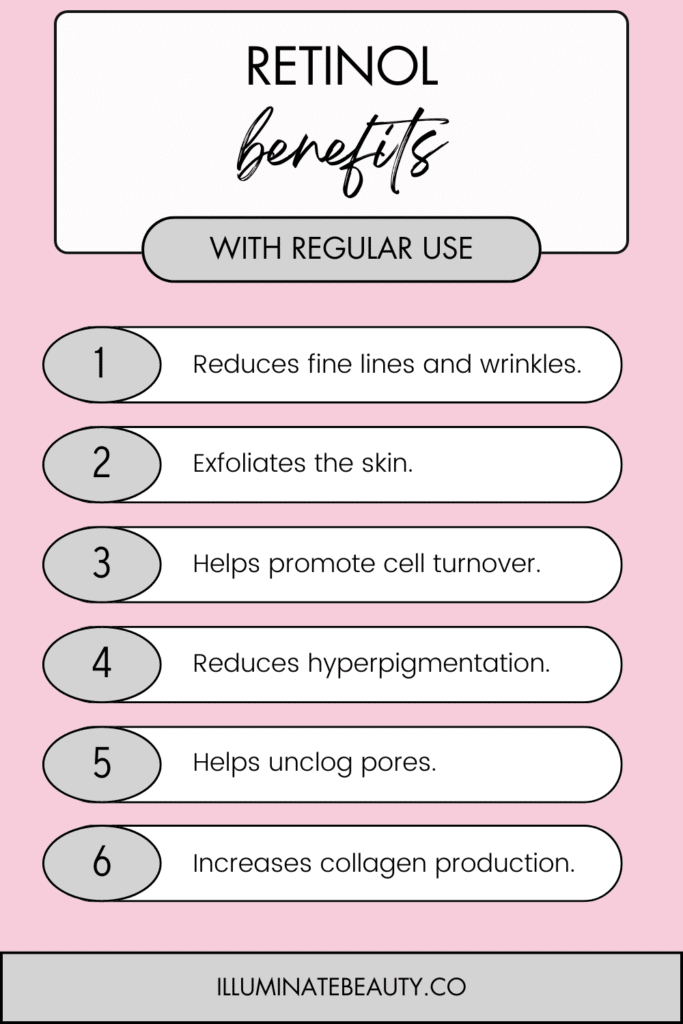
Types of Retinol
Not all retinols are created equal. Some are more mild than others and some are a lot stronger. Here’s a breakdown of the main types of retinols:
- Retinyl Palmitate: This is a milder form of retinoid, often used in products designed for sensitive skin. It’s gentler than retinol but also less potent.
- Retinol: This is the most common form of retinoid found in skincare products. It’s typically gentle and suitable for most skin types. Retinol converts into retinoic acid (the active form of vitamin A) once it’s absorbed by the skin.
- Retinaldehyde: Also known as retinal, this is a step closer to retinoic acid compared to retinol. It’s more effective than retinol but can still be tolerated by many skin types without too much irritation.
- Retinoic Acid (Tretinoin): This is the strongest form of retinoid available, often prescribed by dermatologists for treating acne and signs of aging. It doesn’t need to convert into retinoic acid because it’s already in its active form.
If you have sensitive skin, you want to use a milder retinol. If you have acneic skin, you want to use retinol that is stronger and more effective like retinoic acid.
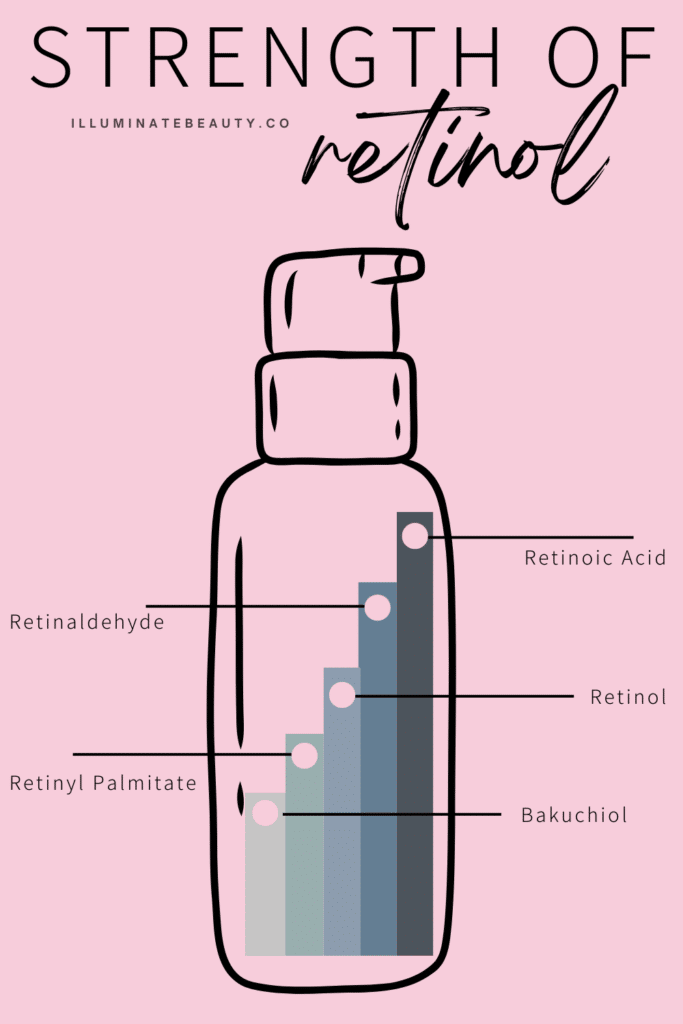
Natural Retinol Options
Retinol is a great way to help with the anti-aging process but it can also be known to be strong and irritating if you use the wrong product or too often. A great option for getting the youthful skin that you want but without the harsh and drying reactions is to use natural retinols. Here are a few forms of natural retinols:
- Bakuchiol is a plant-based alternative to retinol. It comes from a plant grown in India and is extracted from the seeds of this plant. It provides similar results and benefits to retinol but is a gentler option. Any of the products below are derived from olive leaf elixir and contain a powerful ingredient called hydroxytyrosol. These retinols are healing and soothing.
- Kahai Oil- This is derived from an Amazonian tree called Cacay. The oil is extracted from the nuts of this tree.
- Fish liver- This is a form of vitamin A that is found in cod liver oil.
Using natural forms of retinol can be gentler on the skin and is a great option if using a full strength retinol makes you nervous. Because they are naturally derived, the higher concentration of retinol is effective yet gentle on the skin. Here are some great options to try:
- F87 CORRECTIVE KAHAI ELIXIR is great for all skin types and is known for giving the skin luminosity, finer pores, hydration, elasticity, firmness, and anti-pigmentation. Contains 3.8% Kahai Oil and contains the highest amount of retinol out of these products. (This is my personal favorite retinol!)
- F82 GREEN RETINOL FACE ELIXIR combines Hydroxytyrosol with Green Retinol (Bakuchiol = alternative retinol) and Vitamin A rich Kahai Oil. The Bakuchiol remedies fine lines and reduces the appearance of pores, while the Hydroytyrosol, together with the Kahai Oil, minimizes redness, counteracts pigmentation and protects against oxidative damage. Bakuchiol also stimulates collagen formation, actively counteracting skin aging. It contains 2.5% Bakuchiol + 1% Kahai Oil and is the gentlest form of retinol out of these options. (This option is best for sensitive skin.)
- F65 CORRECTIVE MIDNIGHT ELIXIR is combines retinol (fish sourced), arbequina and kahai oil with the patented “hyaluron in oil complex” and the regenerating super olive tree antioxidant hydroxytyrosol. This regenerates and tightens the skin overnight, reduces wrinkles and enhances the luminosity of the skin while you sleep. Apply this retinol at night only because it is photosensitive. This contains 2% retinol from fish liver + hyaluron + 2.5% Kahai Oil.
- 004 DOPE YOUR WRINKLES FACE OIL SERUM combines hemp and retinol, arbequina and kahai oil with the patented “Hyaluronic in Oil Complex”. It regenerates and firms the skin, reduces wrinkles and supports the daily glow of the skin. The unique complex of active ingredients regenerates the skin overnight, firms and smooths wrinkles and fine lines, and gives the skin a natural glow for the next day while you sleep. This contains 2% retinol from fish liver + hyaluron + 2.5% Kahai Oil but also contains hemp.
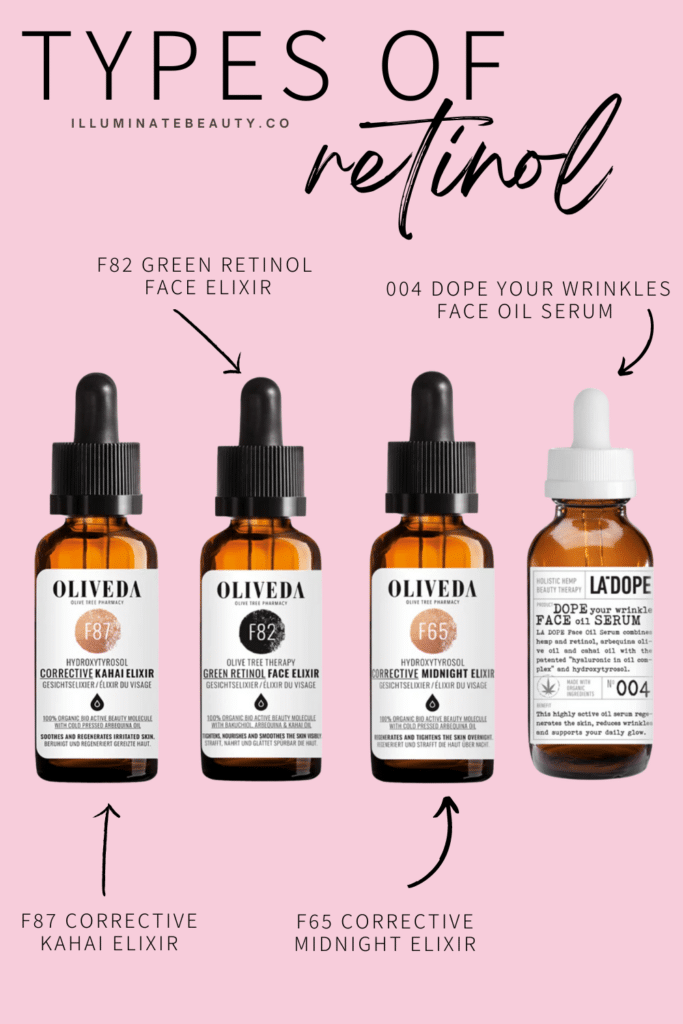
I was always nervous to use straight retinol products because they can be harsh and irritating. Plus, I prefer to use more natural ingredients in my skincare products. When I incorporated the natural forms of retinol in my nightly skincare routine, my skin changed!! My fine lines and wrinkles are lessening, my hyperpigmentation is brightening, my pores are shrinking, and my texture is improving! It’s such a great product to add into your skincare routine! If you want fast results, this is for you!
Concentration Matters
The amount of retinol in your skincare products matters! Most skincare products contain between 0.01% to 3%, depending on the brand. There are three main categories of strength:
- Low-strength retinol contains 0.01% to 0.03%. This is good for those who are new to retinol or have sensitive or dry skin.
- Moderate-strength contains 0.03% to 0.3%. This is good for those with uneven skin tone or texture, or want to have firmer skin.
- High-strength contains 0.3% to 1%. This is good for those that have stubborn skin concerns like deep wrinkles, hyperpigmentation, or acne.
These percentages are of pure retinol. You can use a higher percentage of natural occurring retinols because they are gentler on the skin.
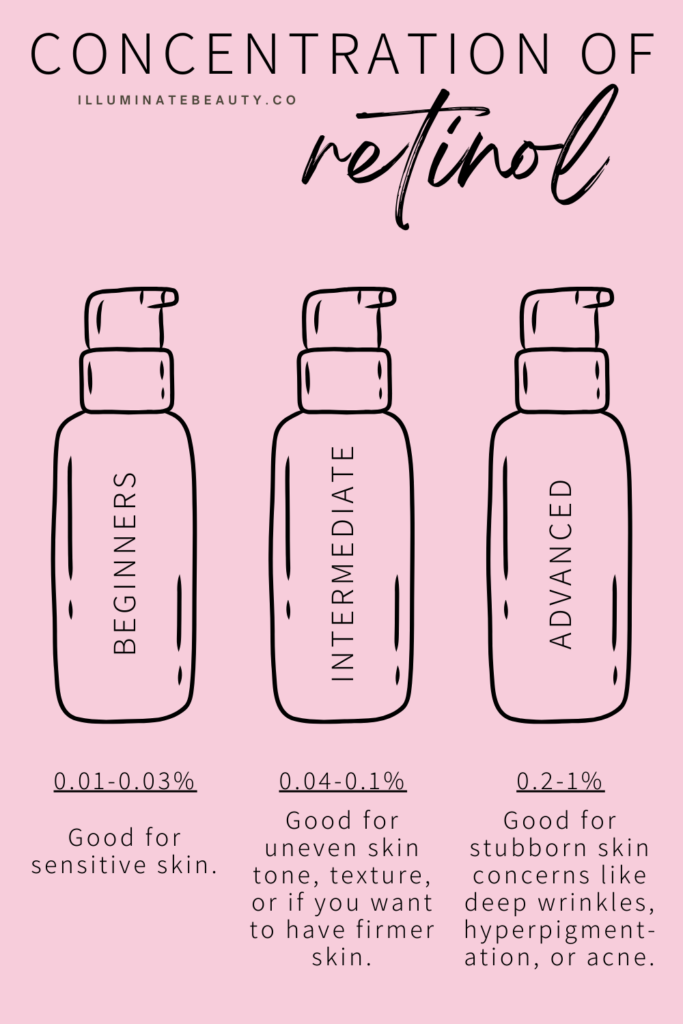
Skin Type Considerations
You are a great candidate for retinol if you have any of these skincare concerns:
- Uneven skin tone
- Textured skin
- Fine lines and wrinkles
- Hyperpigmentation (age spots, melasma, sun spots, etc)
- Acne
- Scarring
- Loose skin
If you have sensitive skin, it’s best to use a low concentration of retinol or a gentle form of natural retinol. Start off by using it once a week and introduce it more often as your skin adjusts.
Here are the best retinol products for your skin type:
- Sensitive skin- F82 GREEN RETINOL FACE ELIXIR
- Fine lines & Wrinkles- F65 CORRECTIVE MIDNIGHT ELIXIR or 004 DOPE YOUR WRINKLES FACE OIL SERUM
- Hyperpigmentation, texture, large pores, acne, loose skin, wrinkles- F87 CORRECTIVE KAHAI ELIXIR
Retinol Usage Tips
Since retinol is a strong skincare product, it’s important to follow the steps carefully so you don’t cause irritation to your skin. Here’s how to use retinol in your skincare routine:
- Start slowly so your skin can get used to the product. Incorporate retinol once a week and build up as your skin gets used to it.
- Only use at night because it can cause UV damage to your skin.
- Use a pea size amount–a little goes a long way.
- Apply to dry skin after you have cleansed and toned your face.
- Finish with moisturizer.
- Do not combine retinol with Vitamin C or acids like AHAs or BHAs. Use these products on alternating days to avoid over exfoliation and irritation.
*Pro tip: You can squirt a few drops of your serum and retinol in the palm of your hand, create an emulsion, and then apply to your face.
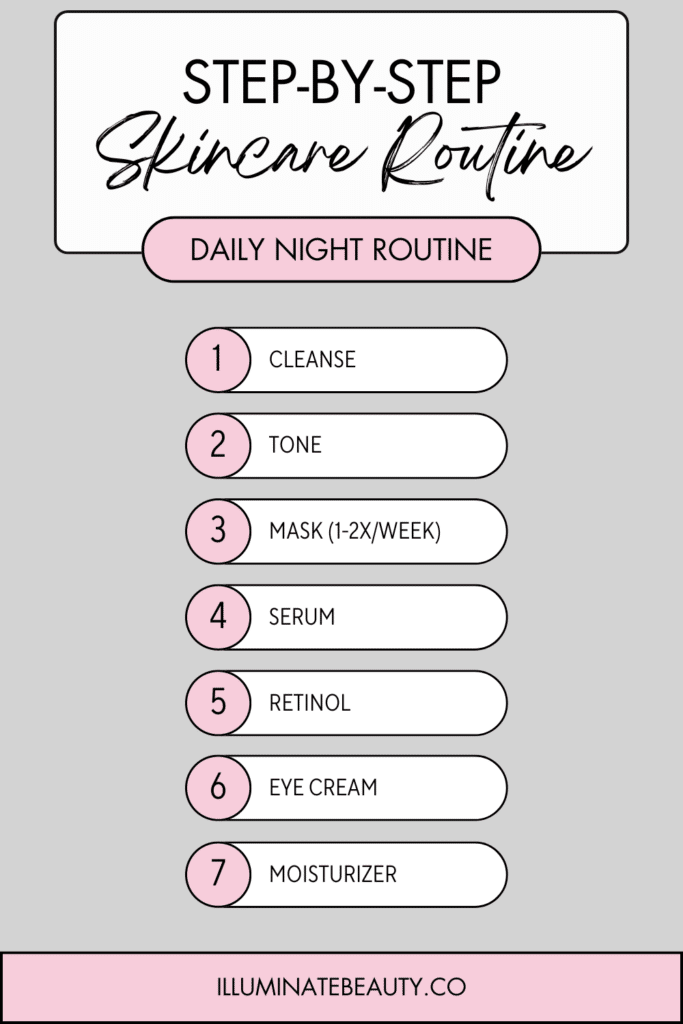
That is retinol in a nutshell! I hope this simplified version helps you understand why it’s important and what products will be best for you.
If you need help knowing what skincare products will be best for your skin type and specific skin concerns, take the skincare quiz! You will be recommended products that will work great for YOU! Skincare is not a one size fits all so it’s important to know what will help your skin look and feel its best.

Here are other blog posts you might enjoy:
Unlock Radiant Skin with Oliveda’s Skincare
Why SPF Powder Should Be Your Go-To Summer Makeup Essential
How to Get Smooth Skin: Best Exfoliator for Face
The Ultimate Guide to Luxe Face Masks
Face Serum Benefits and Why You Need to Use It
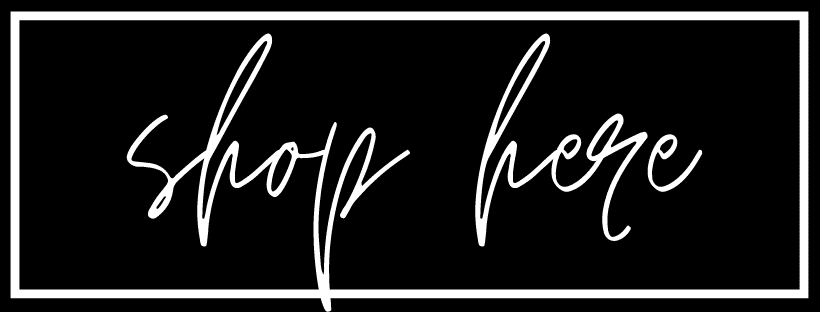
About the Author
JoEllen is a licensed aesthetician, certified makeup artist, and certified John Maxwell coach, speaker, and trainer. She works with women helping them look and feel confident. She loves teaching women simple beauty techniques so they can feel empowered to try it at home. Her motto is that when you look and feel good, you do good!
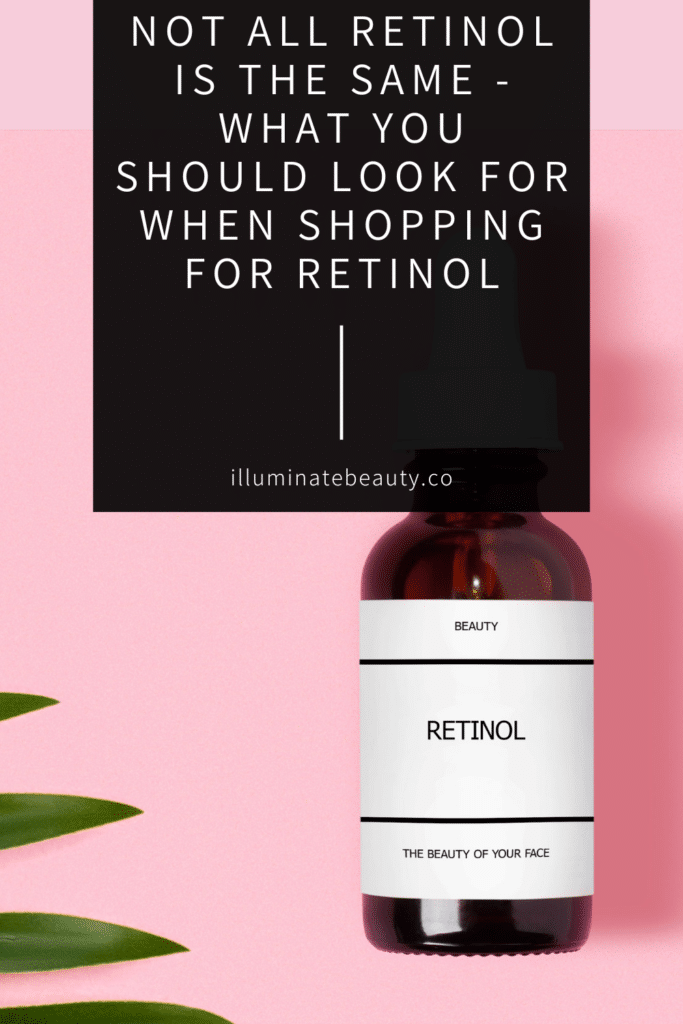
*This post contains affiliate links. If you choose to purchase an item featured in this post, I get a small portion from the sale. Thank you! It does not affect you at all.
